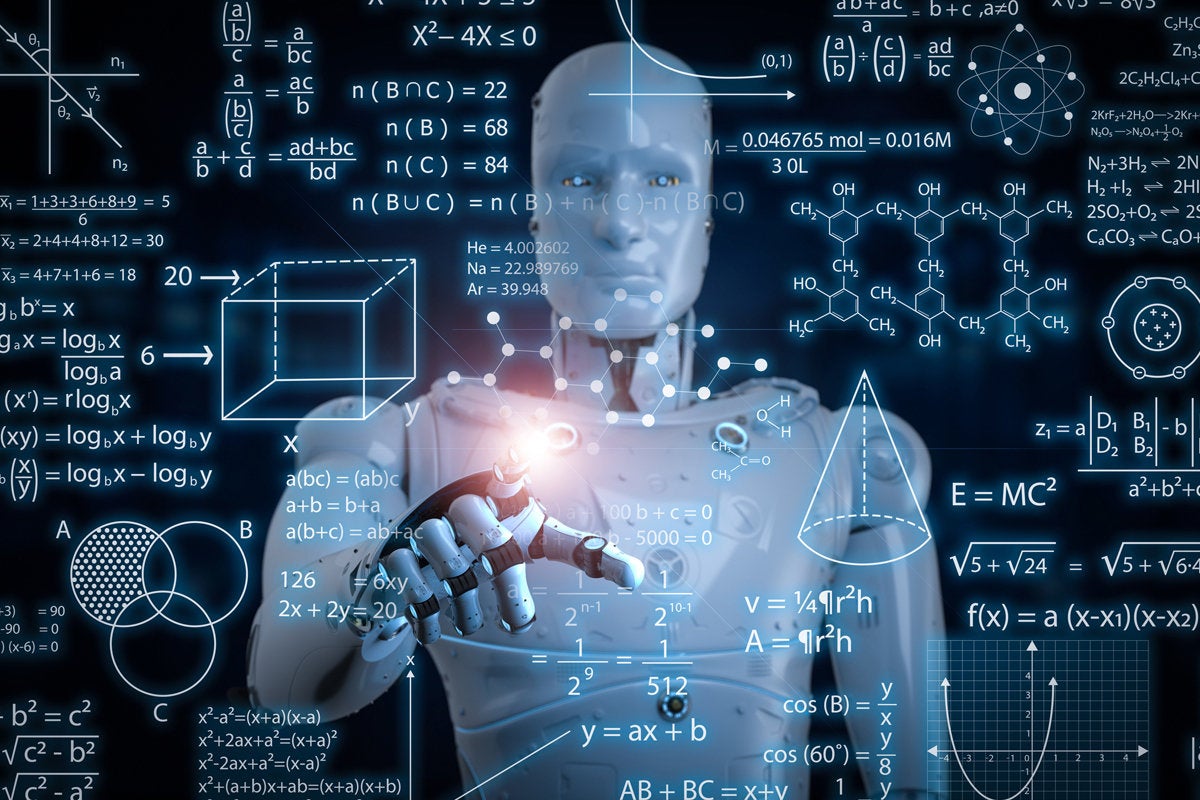ali
Level 7 Valued Member
A really wonderful read and insight from the world of AI.
A sophisticated algorithm based on machine learning coded for every training metric...hrv etc...recovery inputs both subjective and objective feedback matched to every known training variable with every known template known, or perhaps unknown, of classic work/rest/sets schemes.
Really good read......spoiler alert below the link with the result!

"While it might be a little paradoxical that one of the most complex Machine Learning algorithms on the planet is ultimately pushing me back to the simple, time-honored, wisdom of some truly great Human coaches,"
and
only cares about what will give you the highest projected performance on race day & so it, smartly, says...
"OK, you know that set that you've been doing for the past 6 weeks? Add 10 minutes to it for the next 6 weeks"
Exciting? No.
Proven? Yes.
Optimal over the long term? Yes.
A sophisticated algorithm based on machine learning coded for every training metric...hrv etc...recovery inputs both subjective and objective feedback matched to every known training variable with every known template known, or perhaps unknown, of classic work/rest/sets schemes.
Really good read......spoiler alert below the link with the result!

Lessons from my A.I. coach
What my A.I. coach has (re)taught me about High Performance Sport
alancouzens.com
"While it might be a little paradoxical that one of the most complex Machine Learning algorithms on the planet is ultimately pushing me back to the simple, time-honored, wisdom of some truly great Human coaches,"
and
only cares about what will give you the highest projected performance on race day & so it, smartly, says...
"OK, you know that set that you've been doing for the past 6 weeks? Add 10 minutes to it for the next 6 weeks"
Exciting? No.
Proven? Yes.
Optimal over the long term? Yes.

